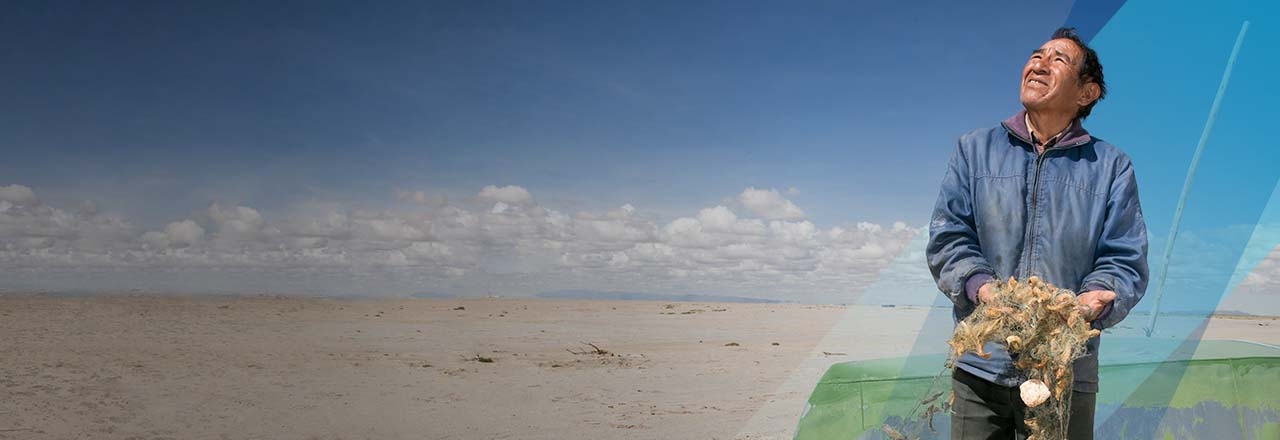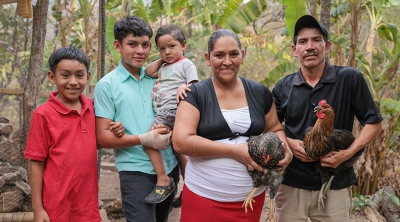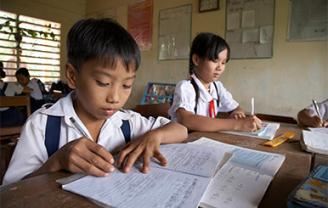Climate change pushes millions into poverty
On Earth Day, let us come together for our planet and global family.

putting our faith into action to help the world’s poorest create lasting change
As little as 40¢ can make a difference

Make a gift to help families like Sandra's thrive

our work overseas
We work with organizations around the world to help poor and vulnerable people overcome emergencies, earn a living through agriculture and access affordable health care
Turn Dollars Into Change
Bring lasting change to children and their families. Become a regular donor and for just 80 cents a day, you can make a difference!
Ways to get involved
Latest News
-
April 24, 2024
CRS Applauds Congressional Passage of Foreign Aid Bill
Bill includes more than $9 billion for global humanitarian aid
-
April 8, 2024
Six Months On, CRS Expands Humanitarian Operations in Gaza; Calls for Immediate End to Violence
Additional CRS distribution sites, offices, warehouses established, but more aid needed
-
March 28, 2024
Celebrate Easter with Your Global Family Through Lenten Alms
Turn in your CRS Rice Bowls to reduce hunger and poverty worldwide





